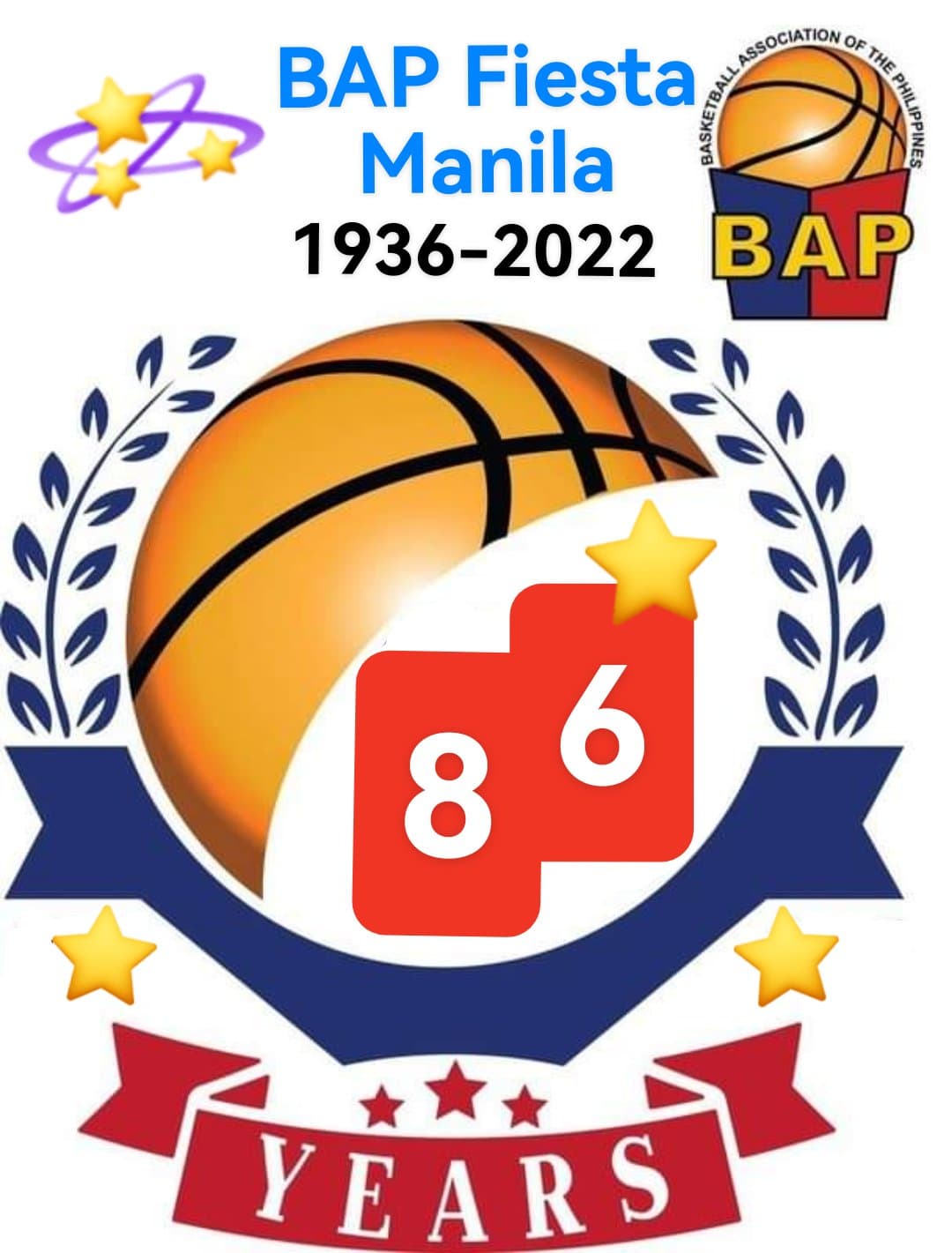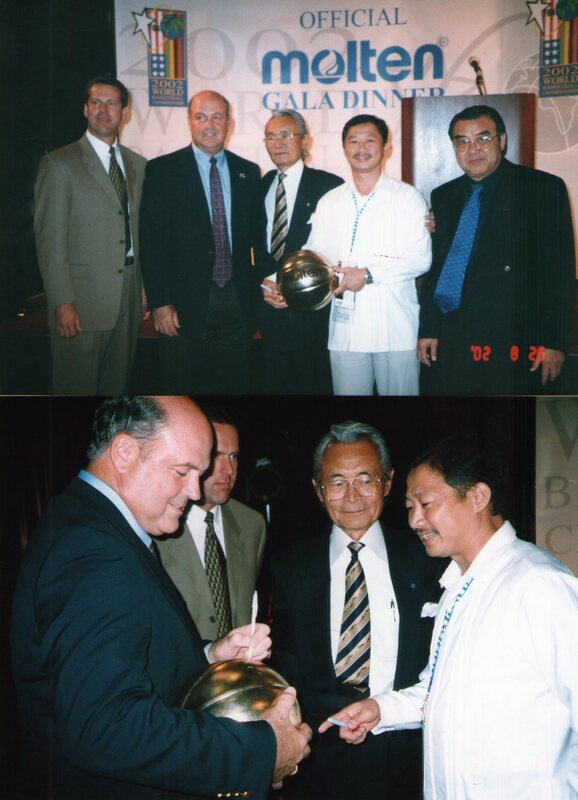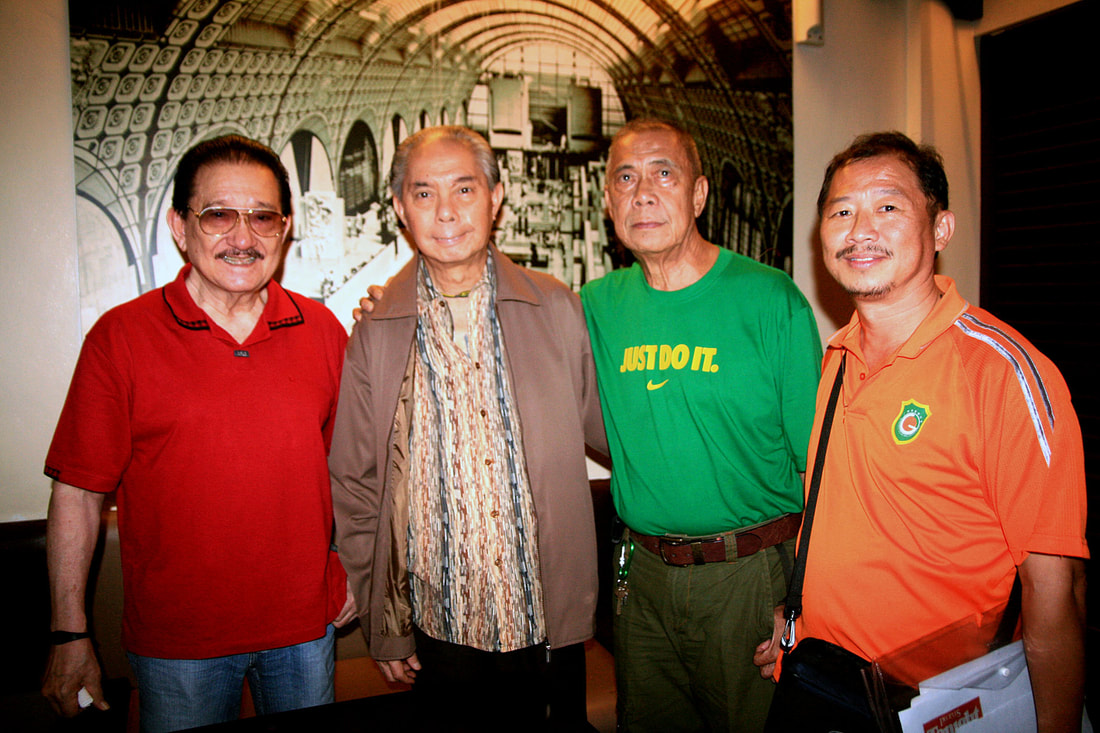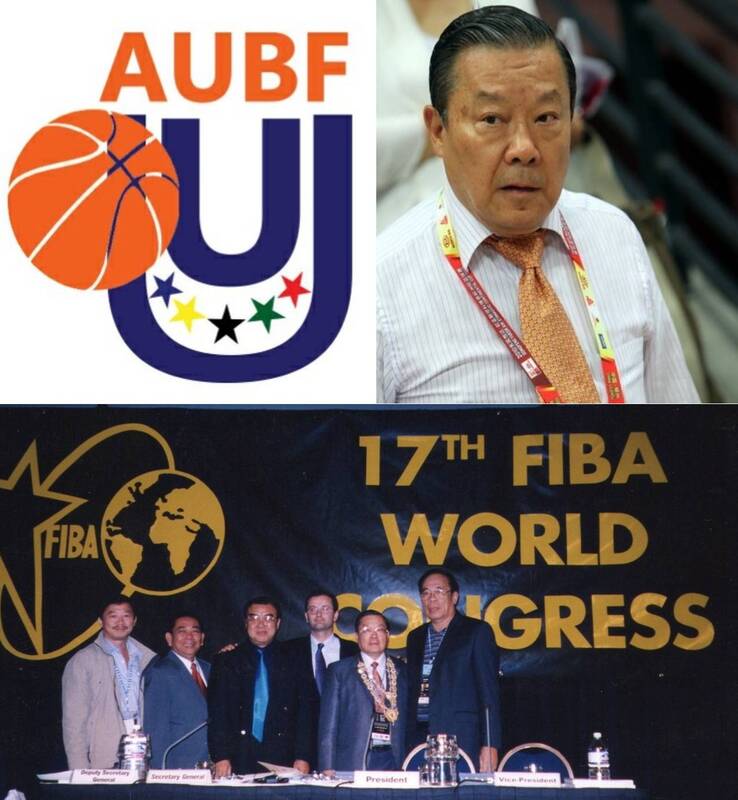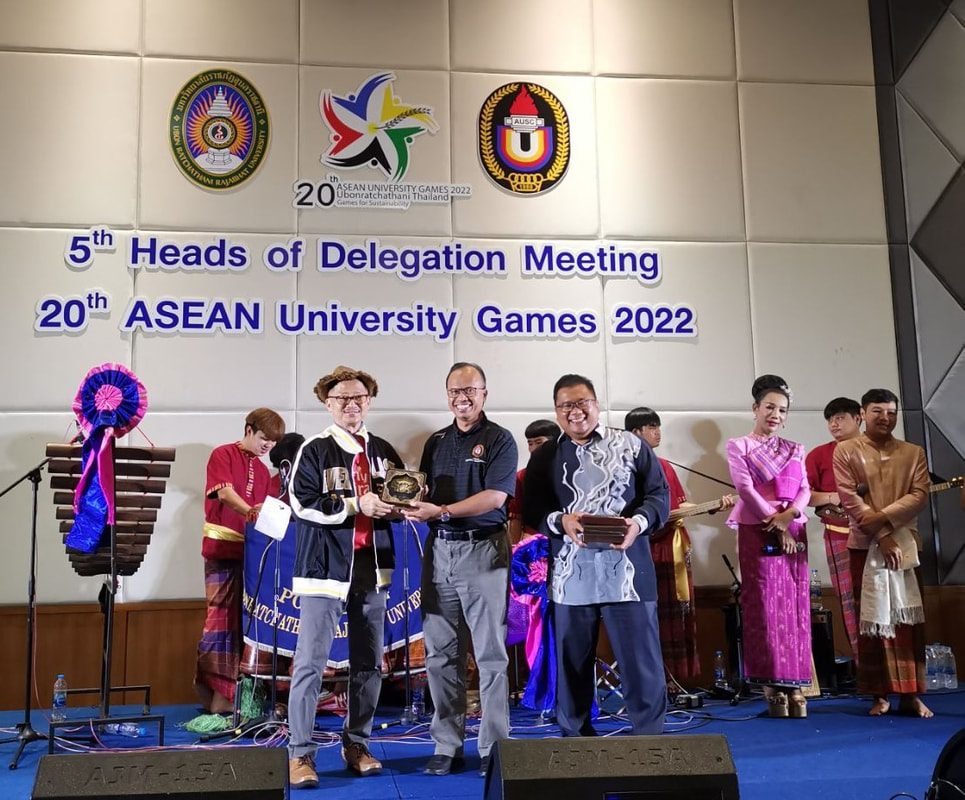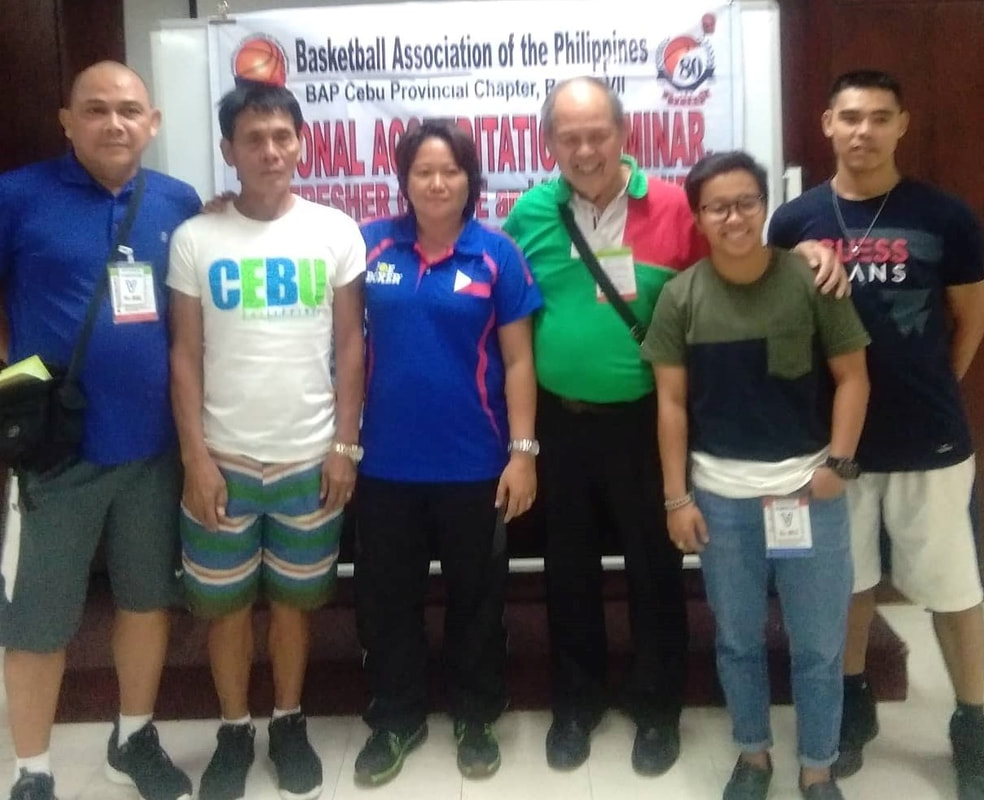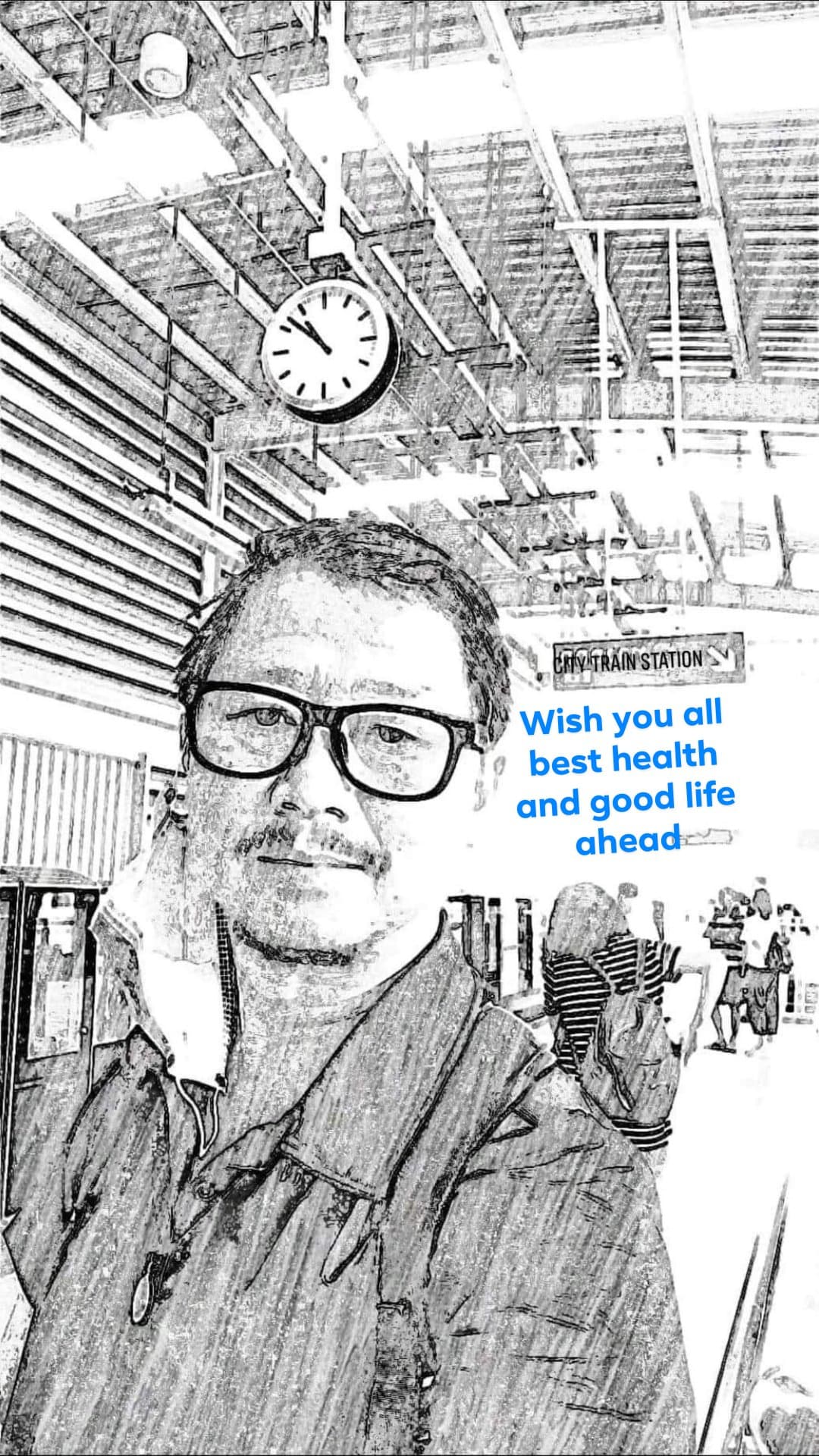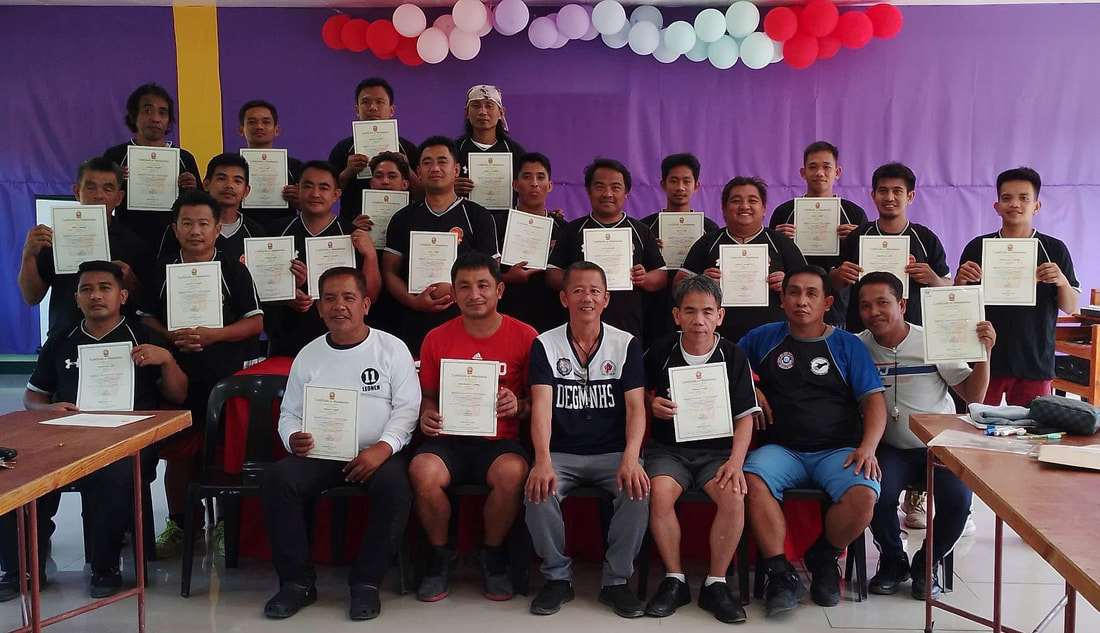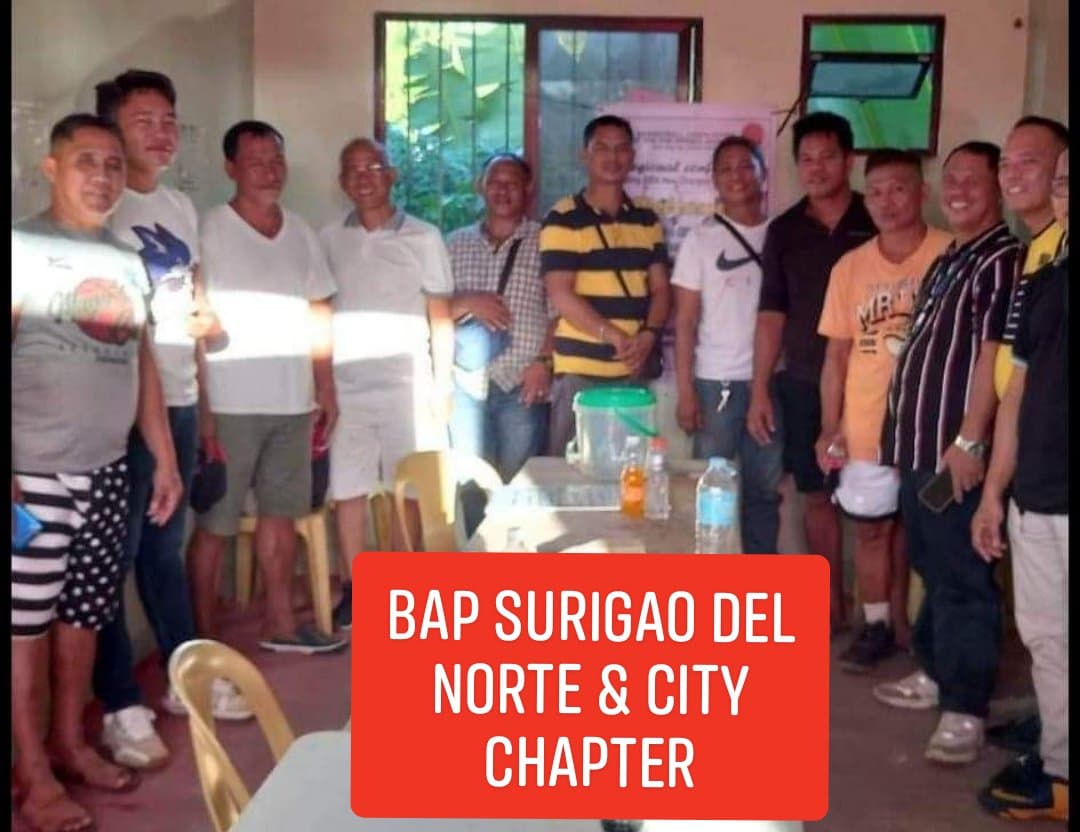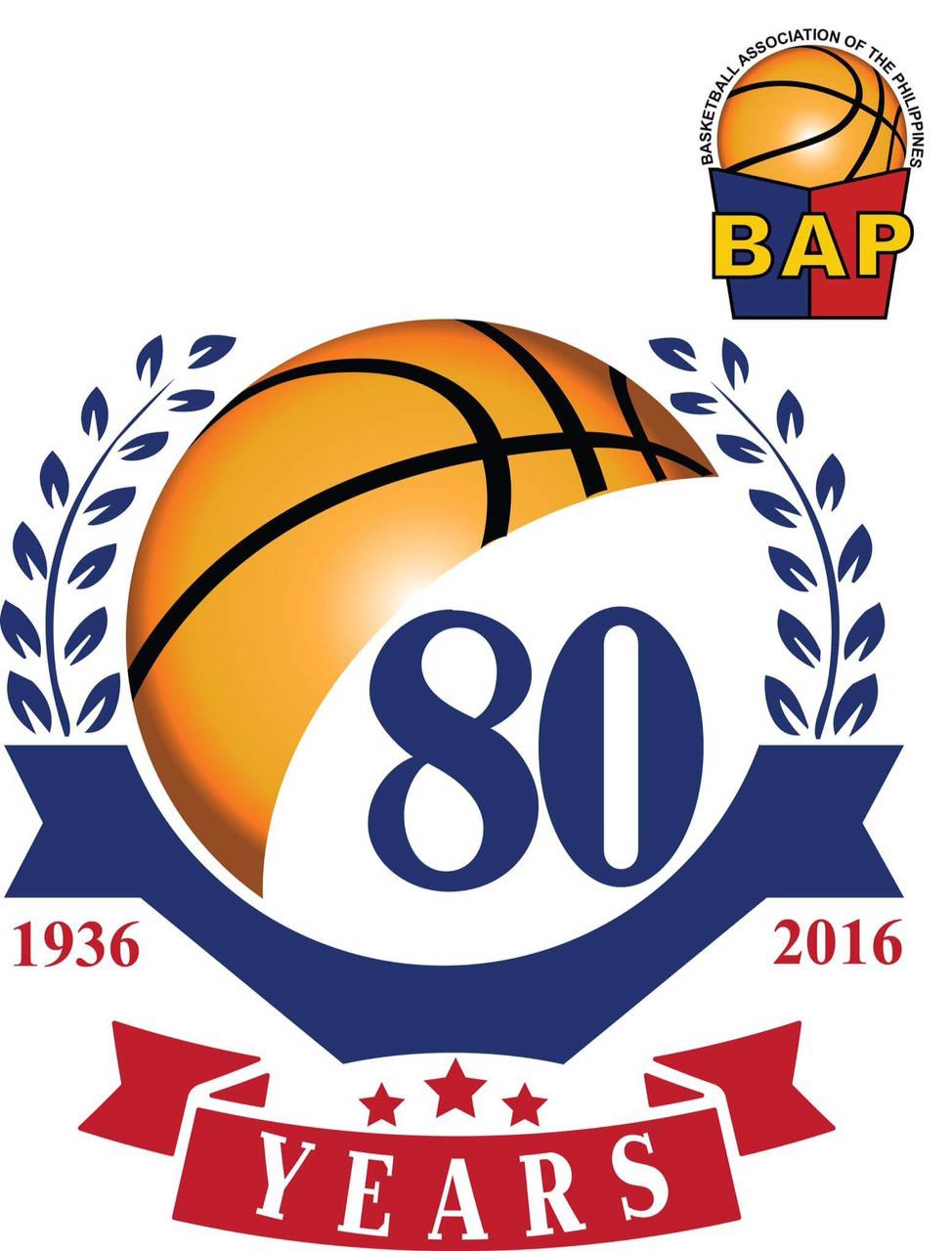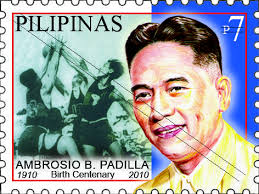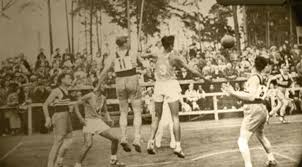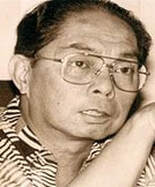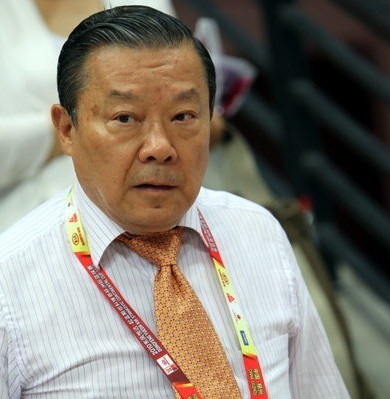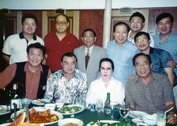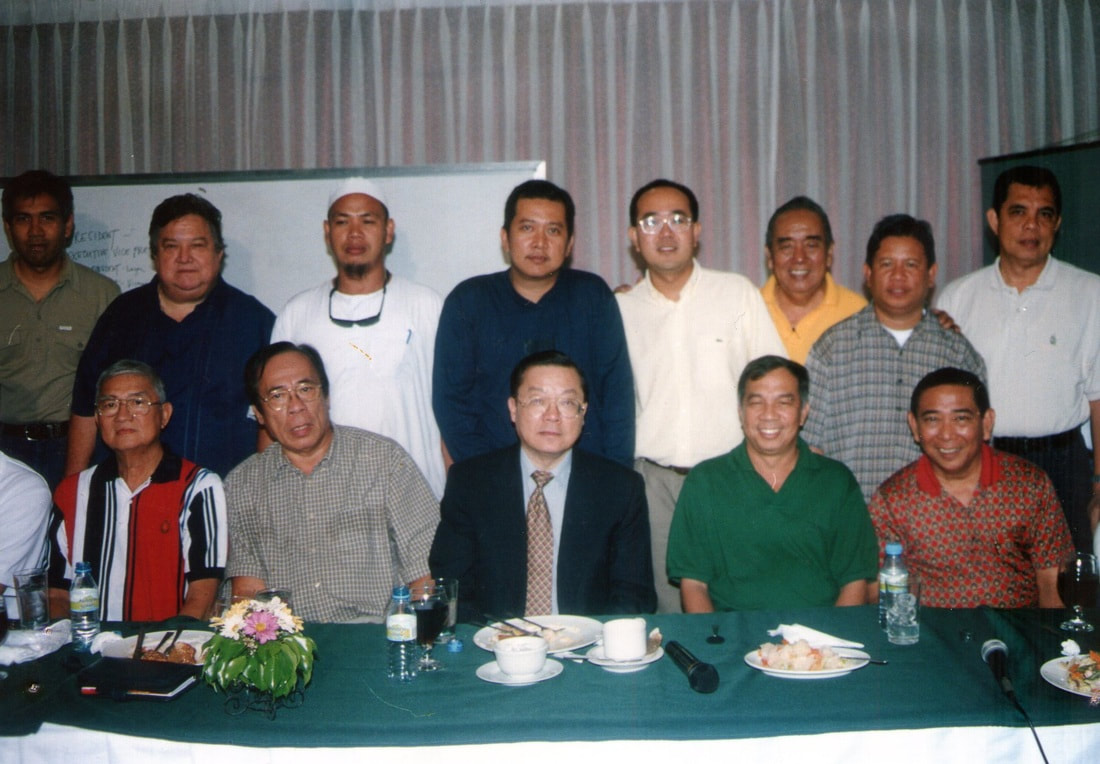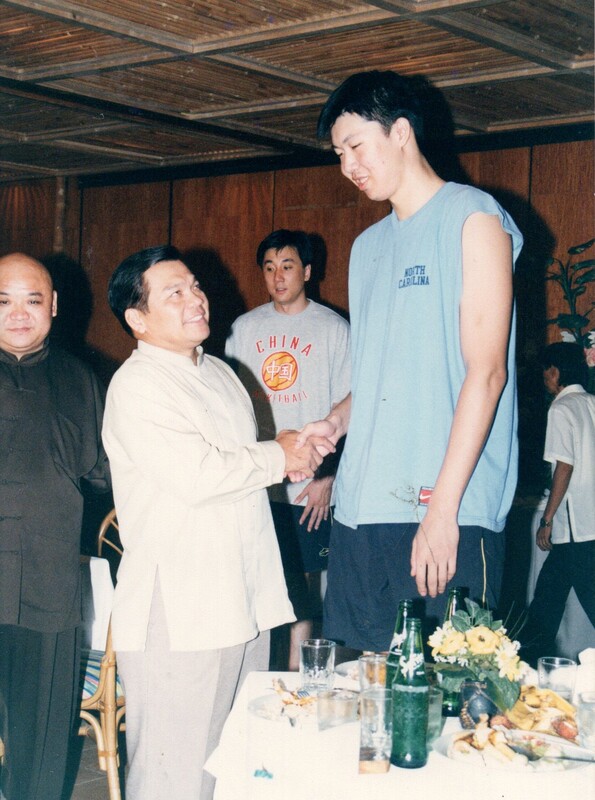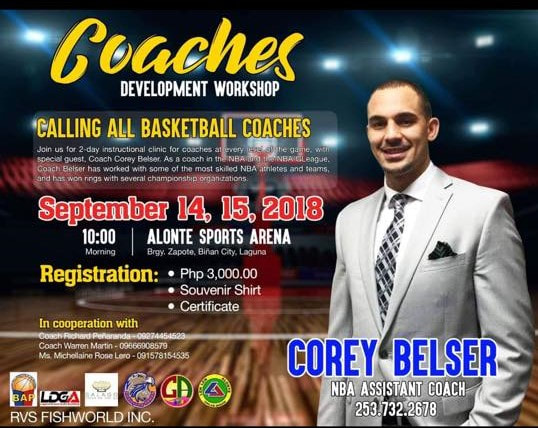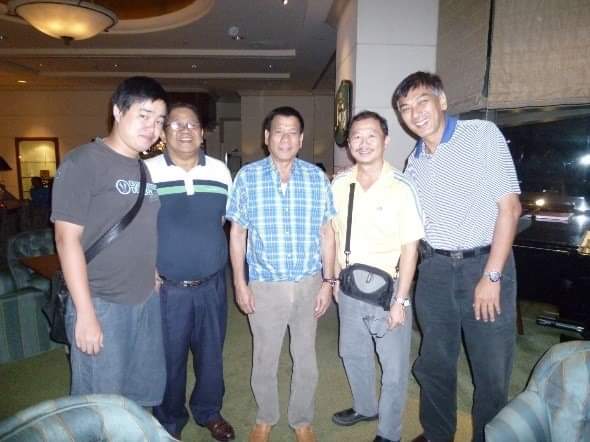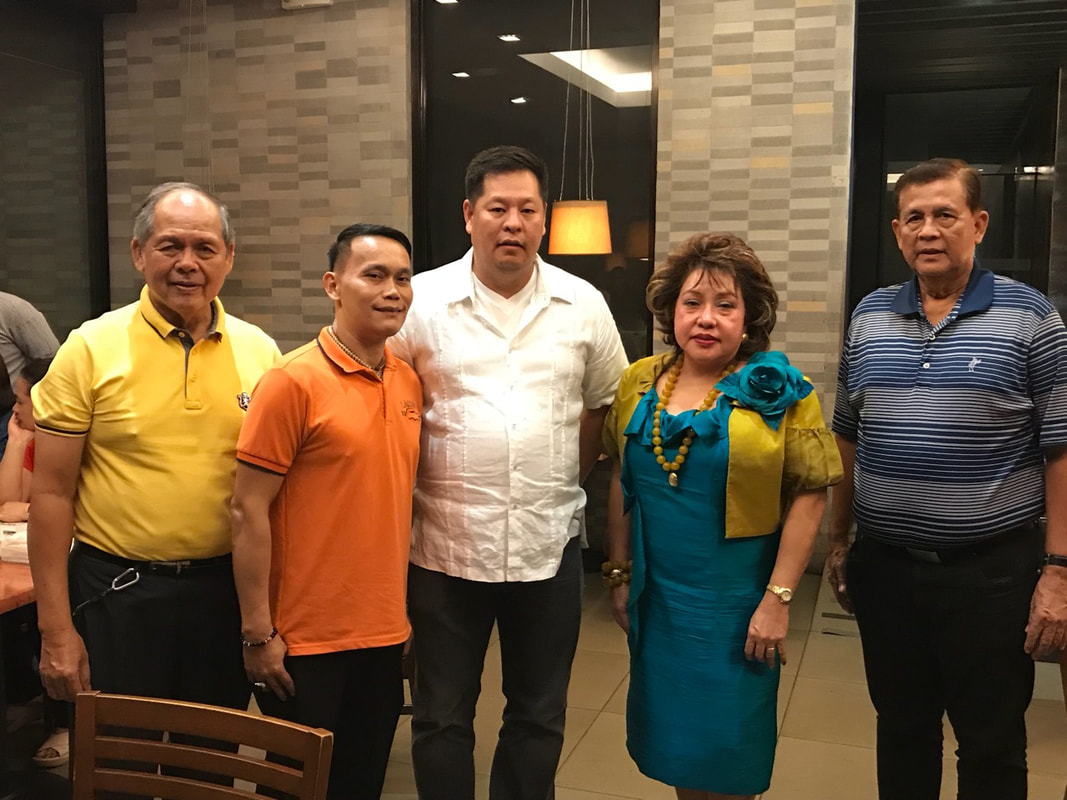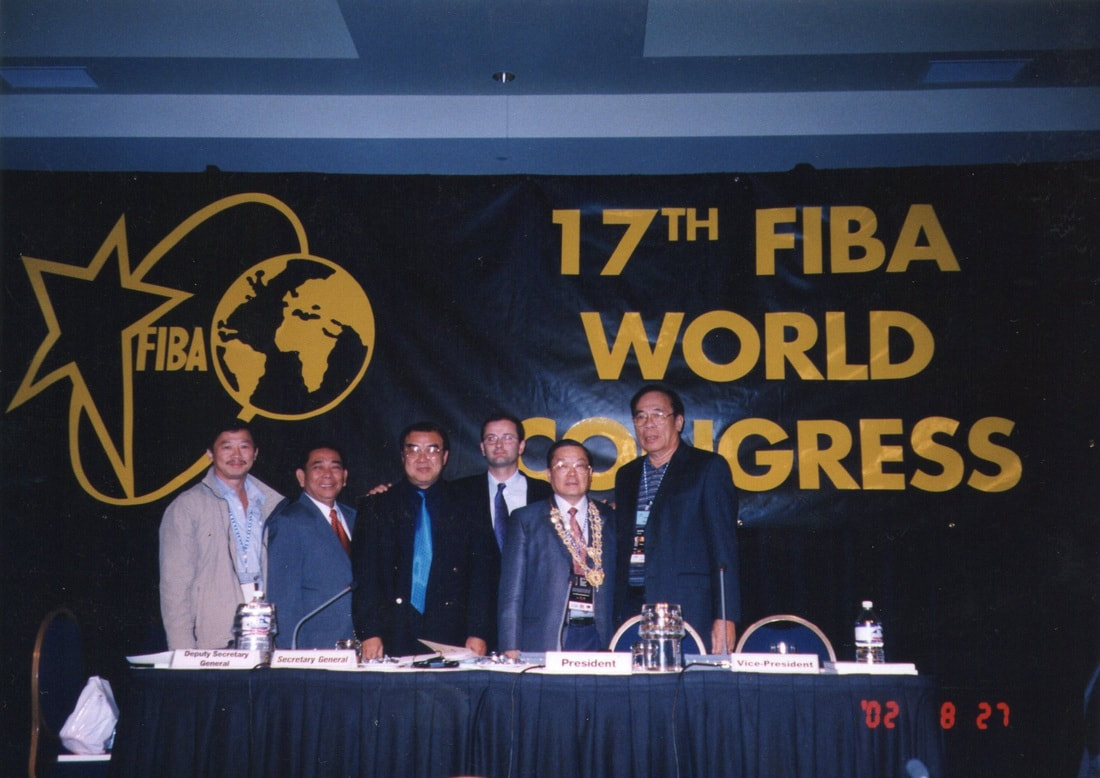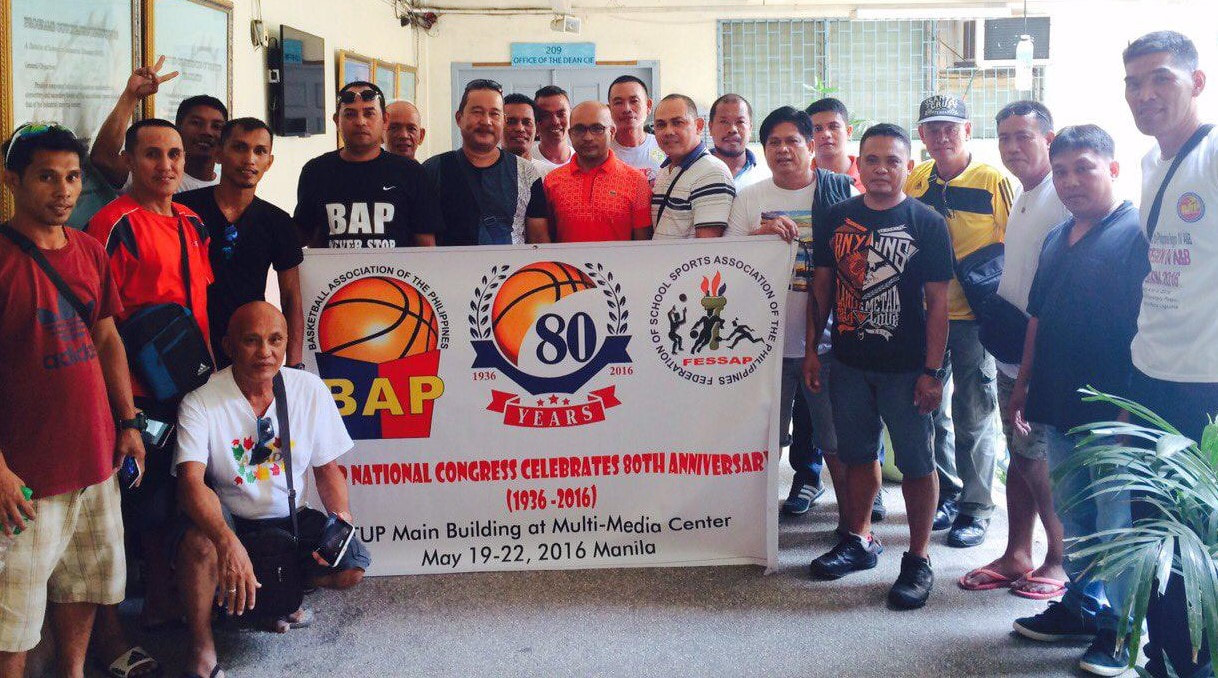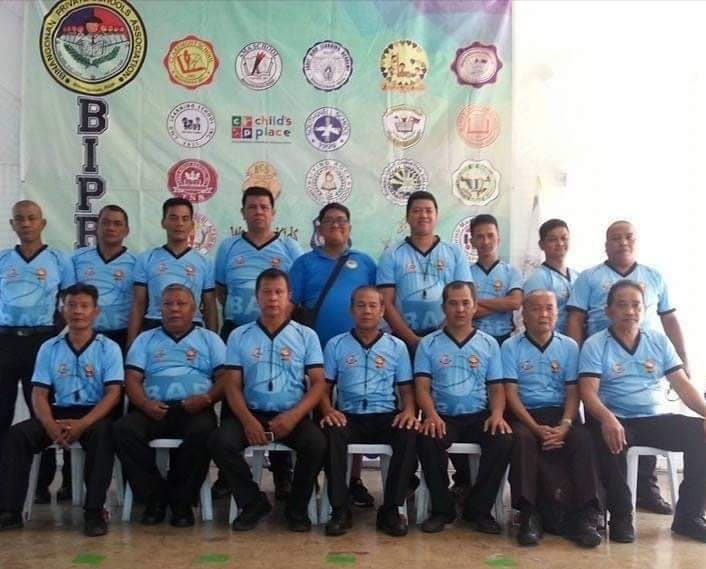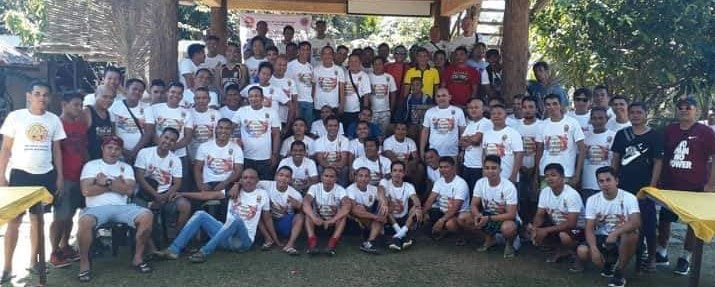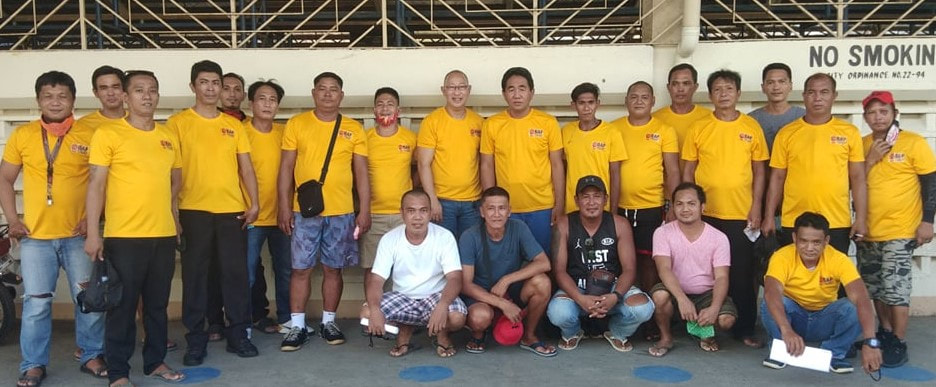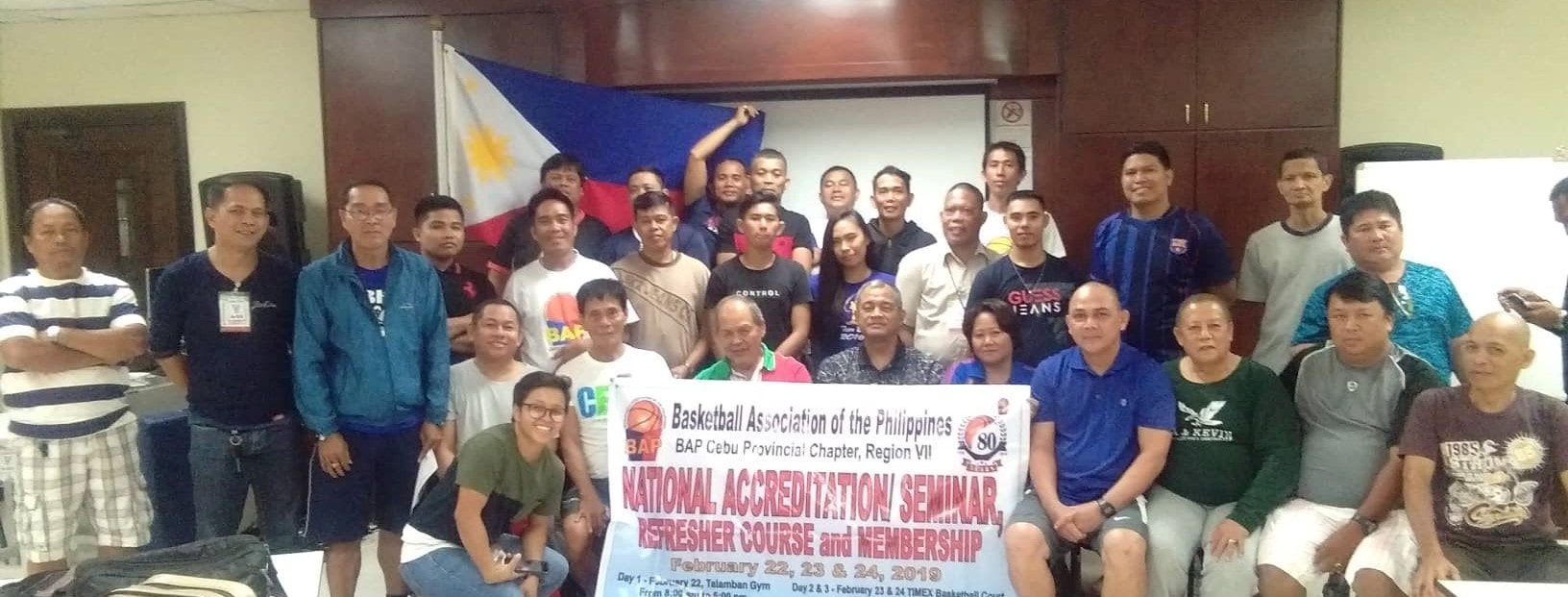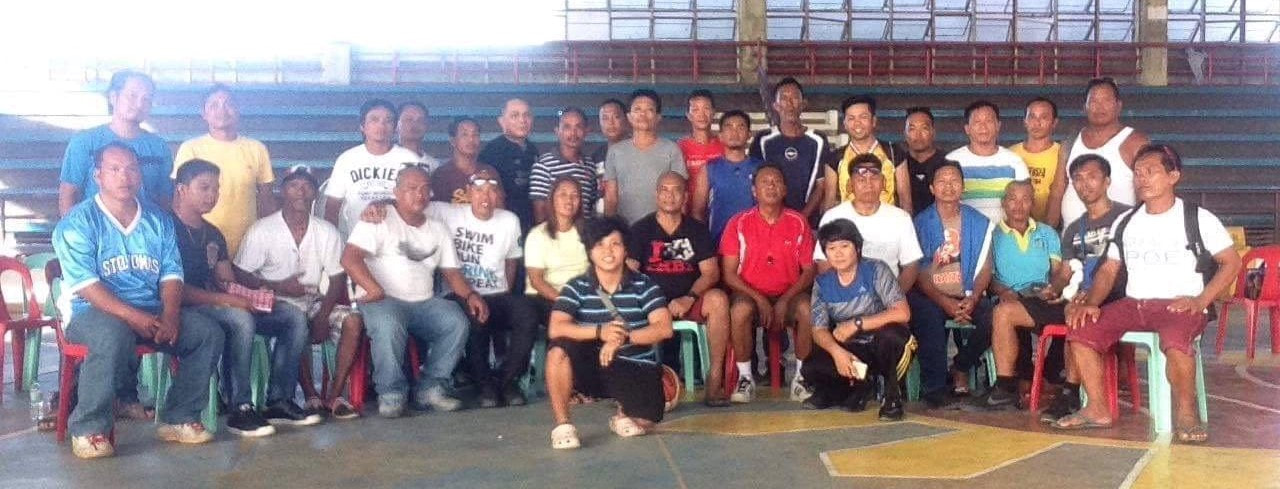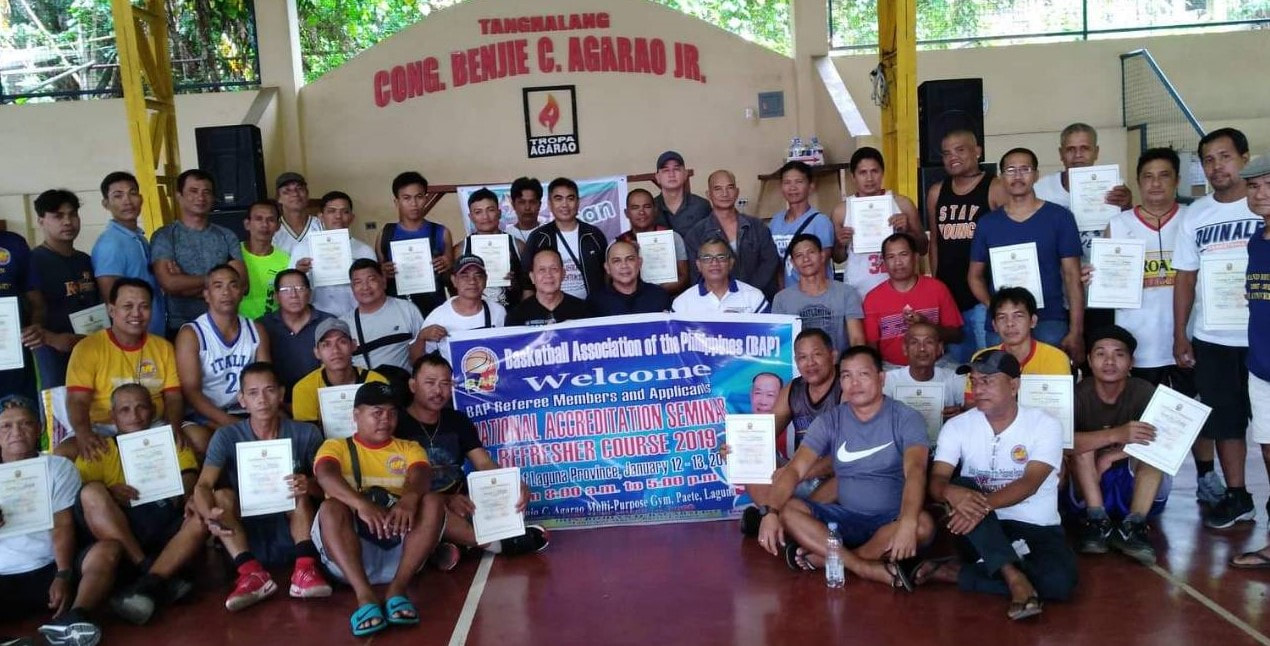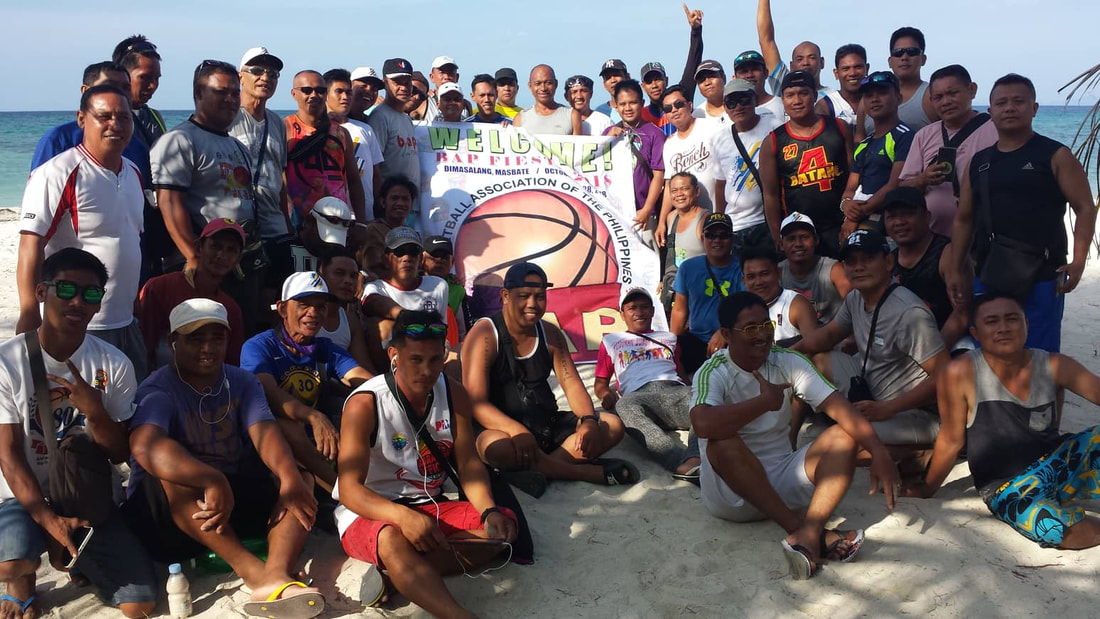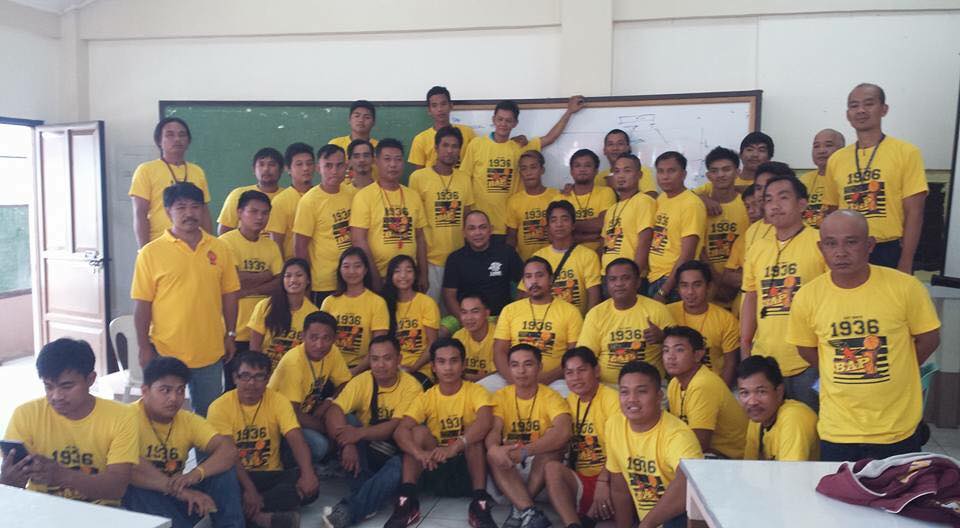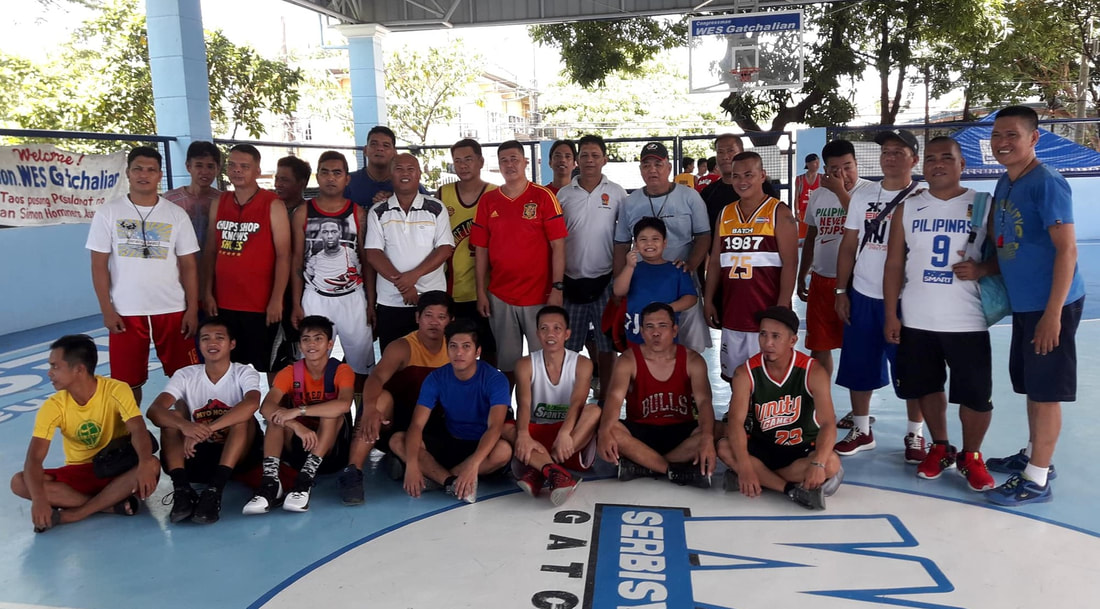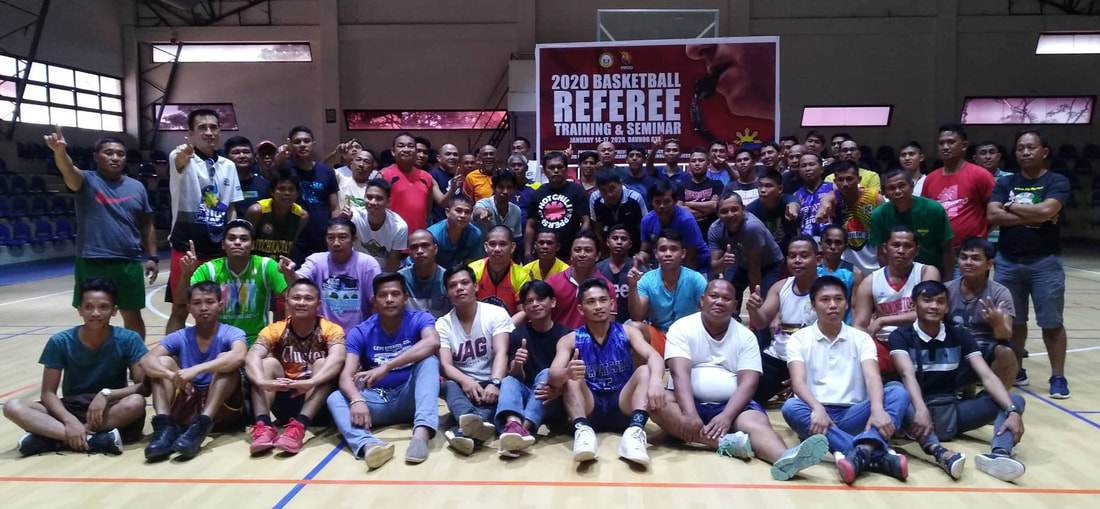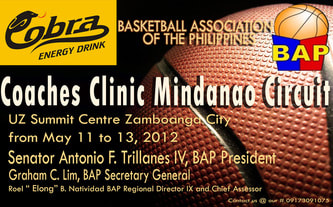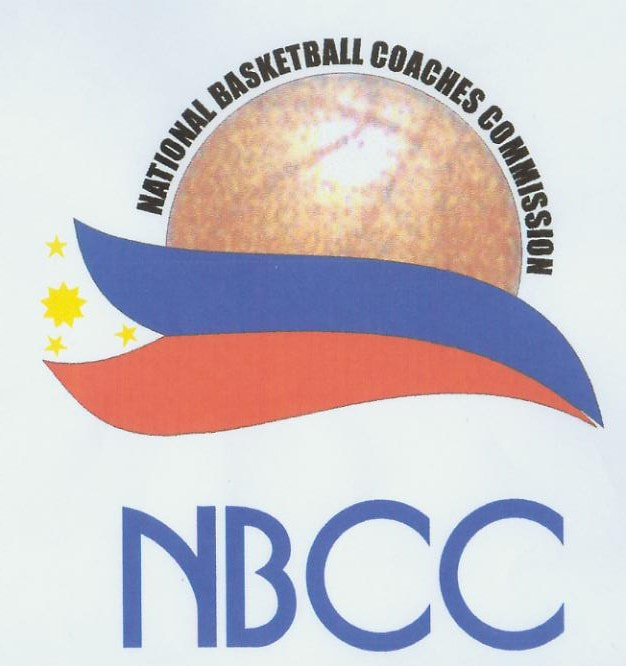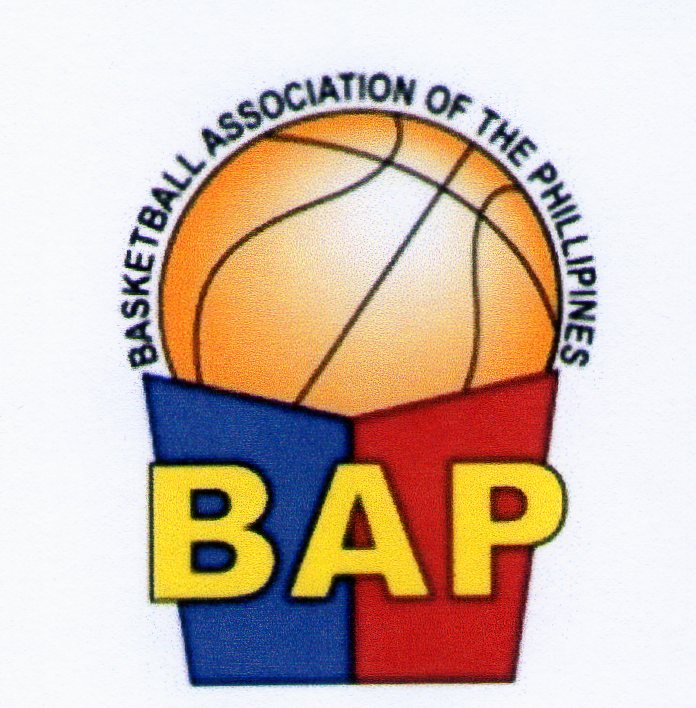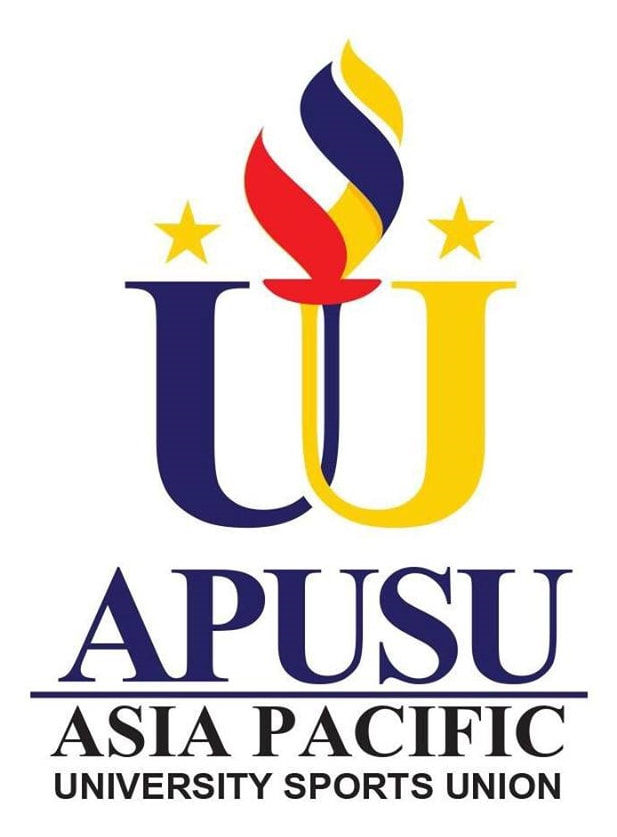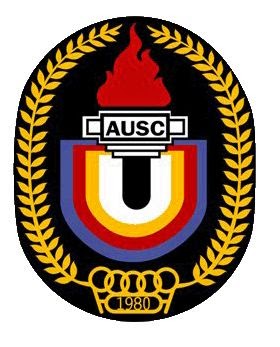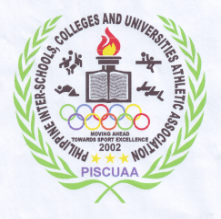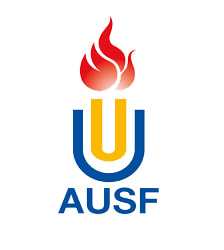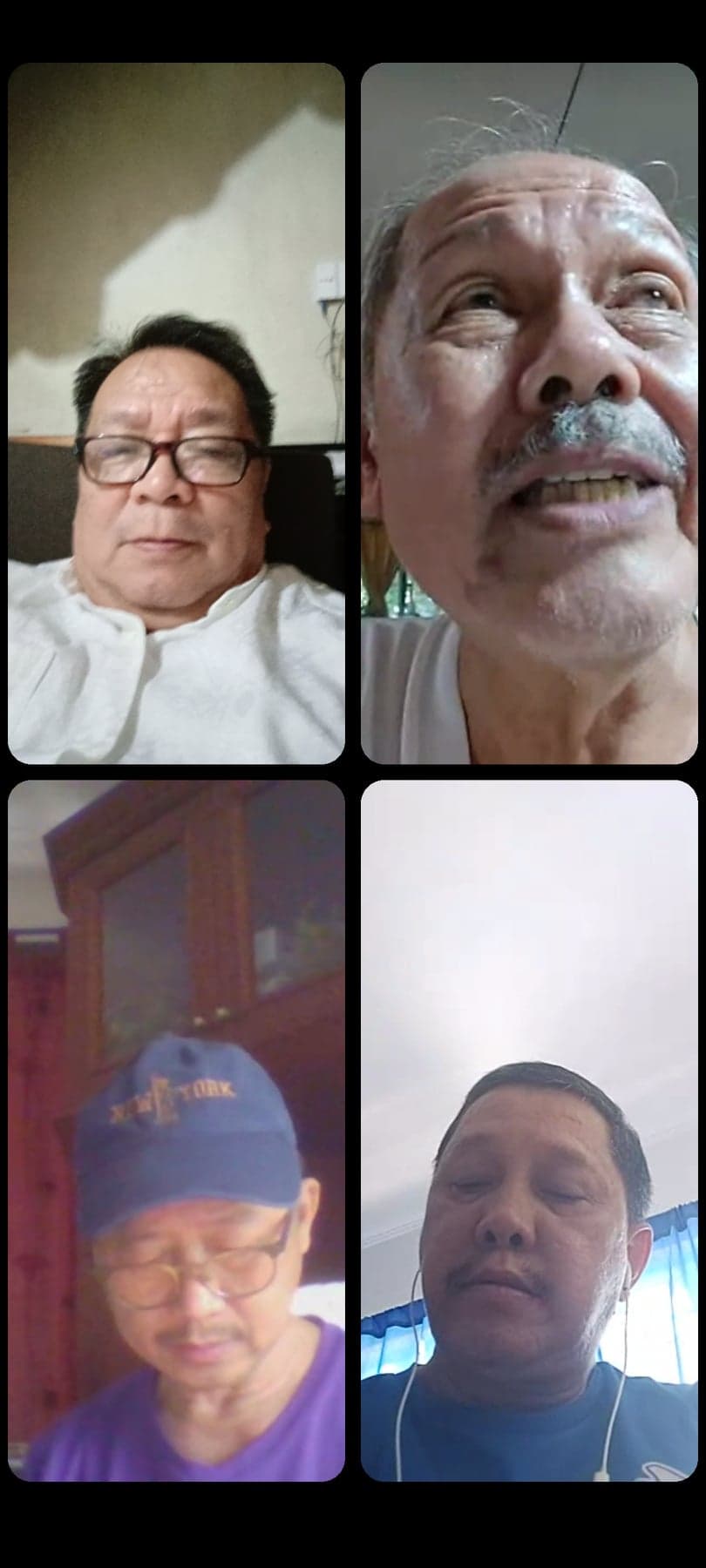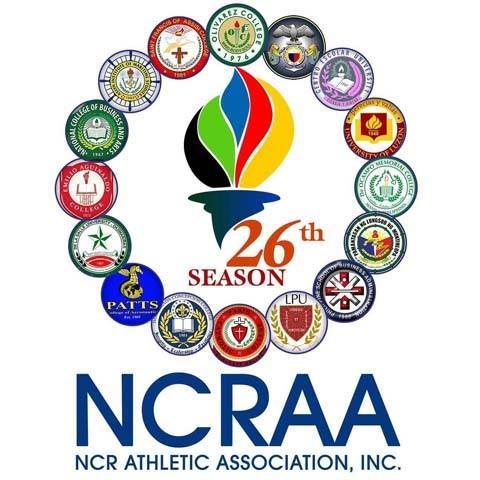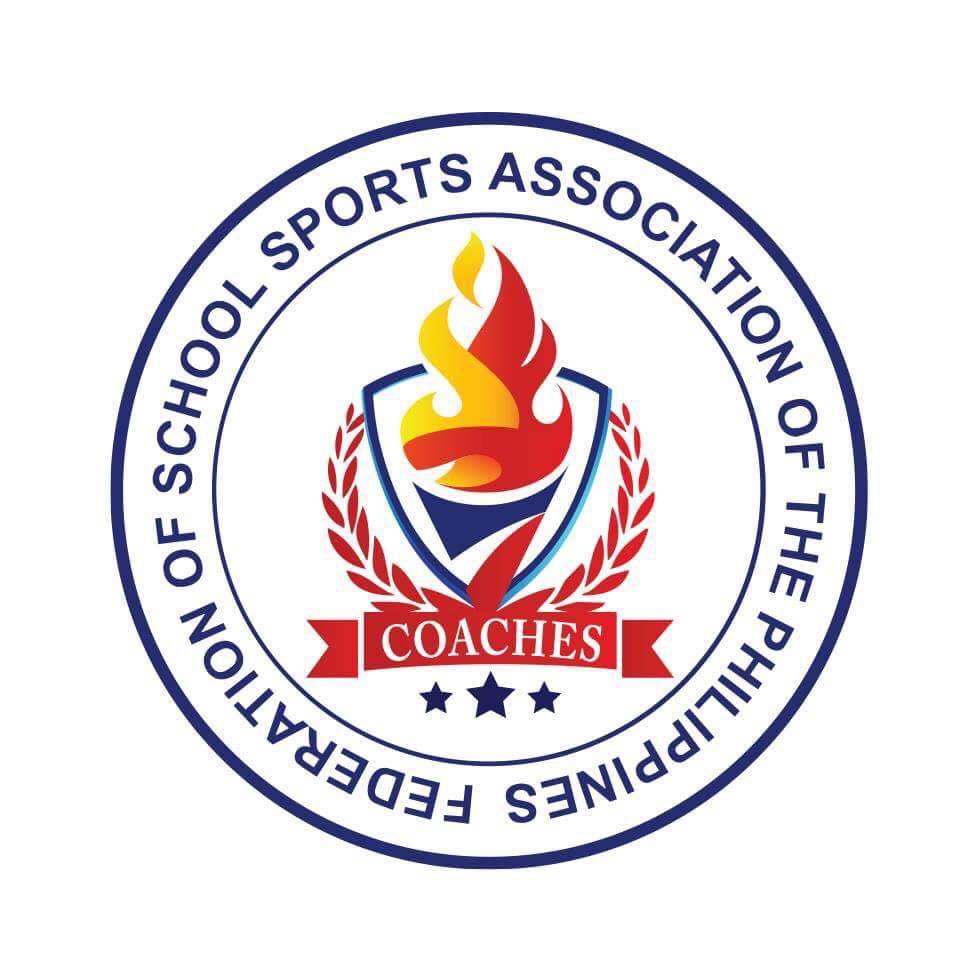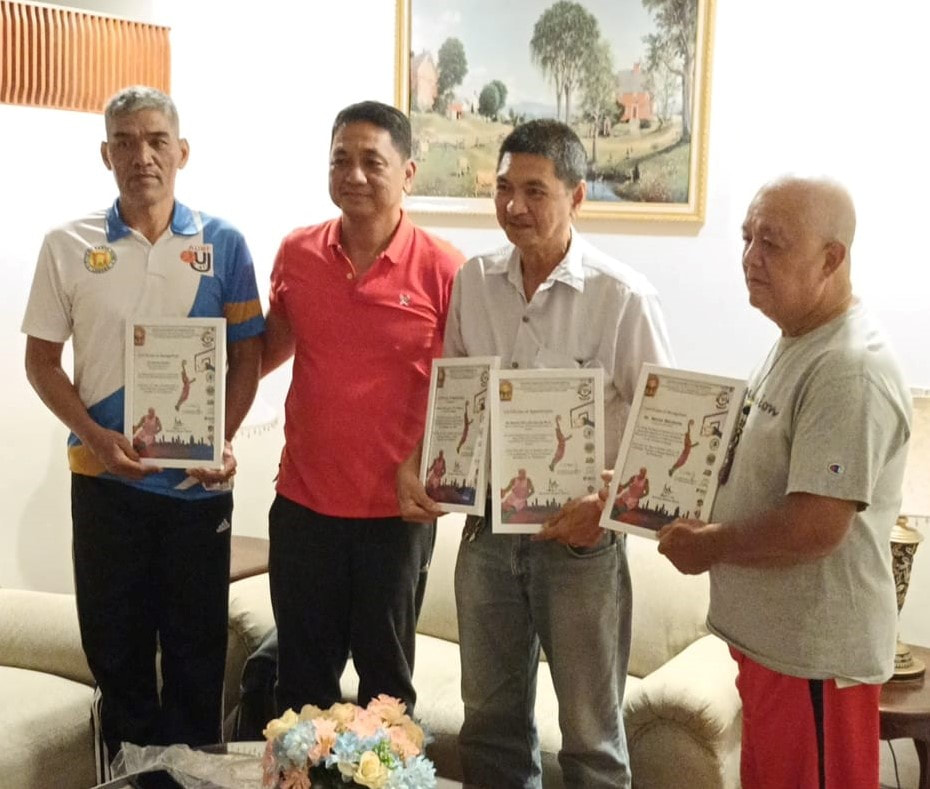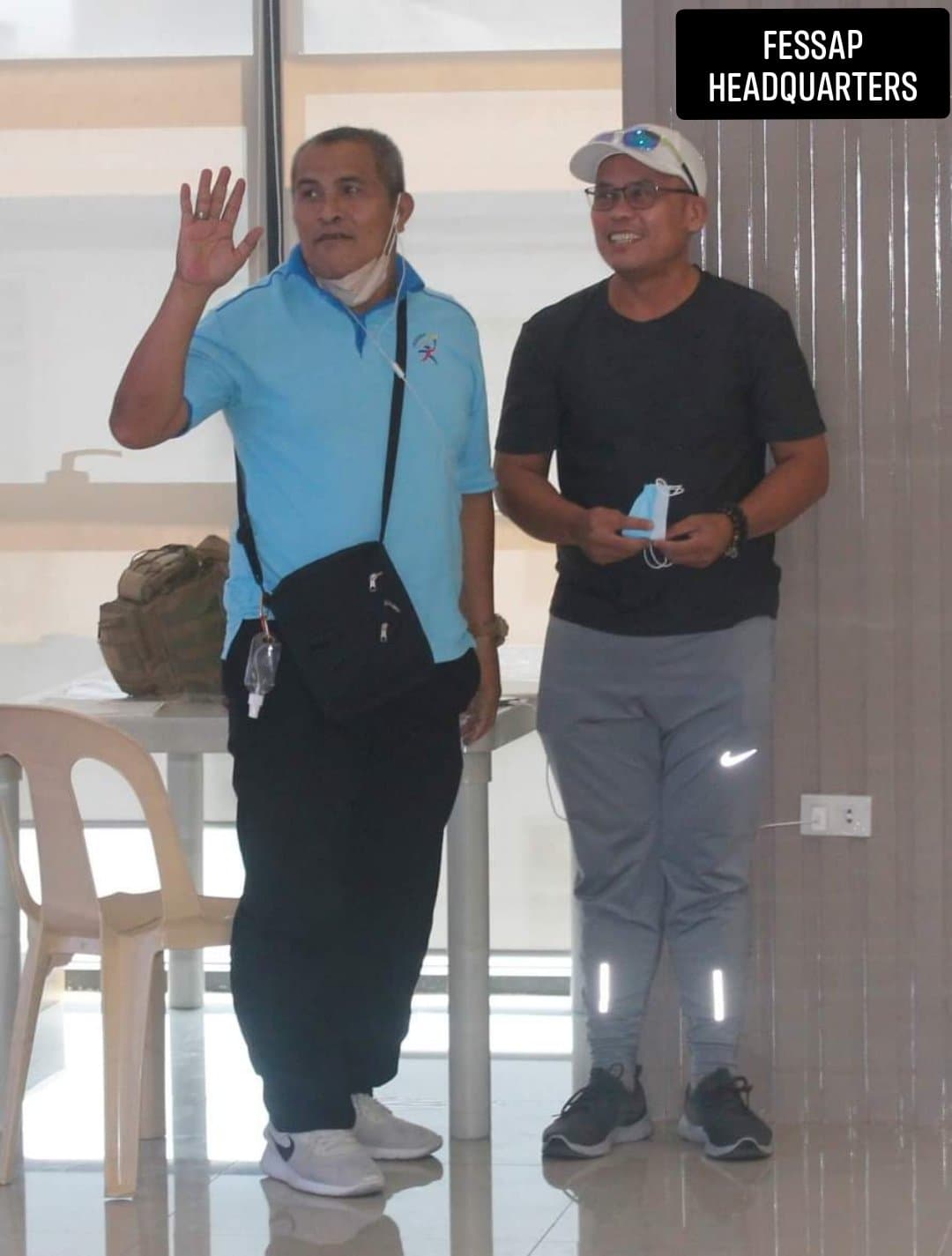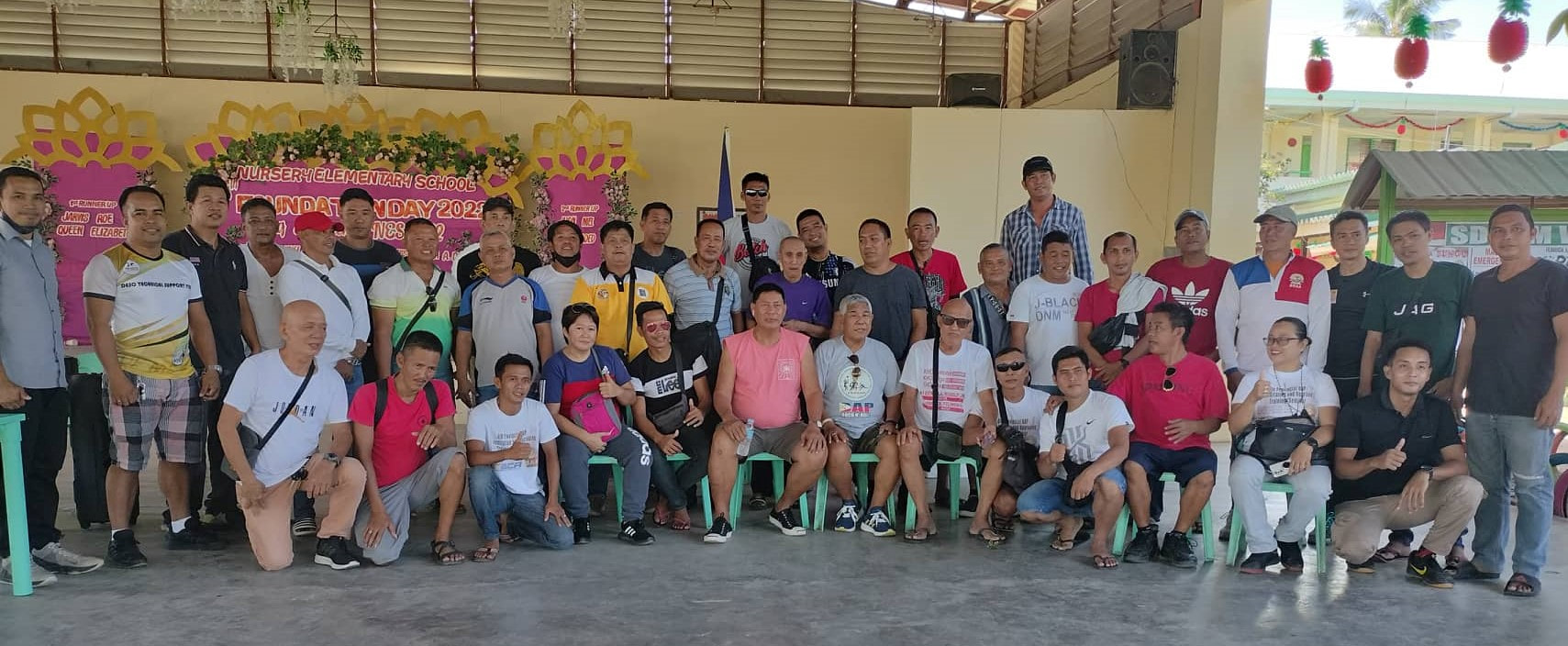|
Date: Wed, 29 Mar 2006 02:51:37 -0800 (PST)
From: "Christopher Castro" <[email protected]> Subject: GRAHAM LIM DECRIES HUMAN RIGHT VIOLATIONS To: "GRAHAM LIM" <[email protected]>, "[email protected]" <[email protected]>, "[email protected]" <[email protected]> GRAHAM LIM Decries Human Right Violations Interviewed By: Christopher Castro The undersigned is one of the top freelance publicist, a long-time member of the Philippine Sportswriting fraternity, and a close ally of detained Basketball Association of the Philippines (BAP) secretary general. I had the chance to visit him at the Bureau of Immigration Detention Jail at Camp Bagong Diwa in Taguig City and I was just so aghast to see Mr. Lim's condition at prison cell. In a closed room with several double-deck bunks, I immediately saw a pale smile on Mr. Lim who of course was happy to see friends who sympathize with him. As I came nearer, I saw that the smile he gave was just his way of saying “I'm still alright”. But that pale smile only hides what's really on his mind as his slightly turning red eyes showed he was in pain. The pain was more than just the relatively hot condition of the cell which he shares with another Taiwanese, two Nigerians and a Greek-looking foreigner who all tried to make themselves happy by making jokes about the wardens and the detention cell itself. There was no electricity as the post bogged down days before Mr. Lim was detained last March 25. Imagine, the prisoners had to contribute money to buy gasoline for the generator. But with no electricity, there was hardly any air flowing inside the cell. More than the hot condition of cell, I know that what really bothers Graham was the pain of UNCERTAINTY. Until when will he be detained? Will he just rot inside the jail or be given freedom? Where will he be deported? What will happen to his family? What will his kids say if they see him detained? What will happen to Philippine basketball? Asked about how he's been doing, Graham just gave a pitiful look at first. “I'm going to get sick here,” said Graham with an unusually oily face and a scattered uncombed hair. “It's so hot, it's been five days since I got here and still there's no electricity. And the food – I can't eat them. I only eat if my visitors bring me food. If there's none, I'd rather endure hunger than get sick with the food they serve.” Yes, Graham got the shabby treatment like those other illegal aliens and hardcore criminals. Locked all dark in the night as he sleeps, and sweating hard gasping for a sniff of the clean air he used to know as he ponders on the questions of uncertainties at daytime. It came to my mind, “What has Graham gravely done to deserve such punishment?” He was arrested in lieu of a deportation order issued by Malacañang. And what great timing! The Bureau of Immigration Chief Alipio Fernandez, who I know was Graham's friend, was at the hospital at that time and his Acting Commissioner Arthel Caronongan immediately dispensed the arrest order on Graham. Graham claims he's a Filipino, being born in Manila's Chinatown district Binondo. I personally saw his family when I attended the wake of his father just two weeks before his arrest. Graham cries political harassment and linked it to his being a high-ranking and internationally influential official of basketball. That same day I visited him (March 28), the Bureau of Immigration refused to release him even if the Court of Appeals issued a temporary restraining order on his deportation. Caronongan said, “As far as I know, there was no direction to release Lim, the TRO only stopped his deportation.” He further said the BI would refer the appelate court's decision to the Office of the Solicitor General and that the bureau might contest the TRO. Just who are really behind Graham's arrest? Most likely, influential people who refused bargains of consideration for Graham to the point of “contesting the rule of court”. For Graham, this is a clear case of human rights violations. He was not given his day at the court to prove his claims, as Malacañang without any hearing on the case, issued his deportation order. At the cell, the treatment was inhumane – the food given to them was all in plastic wraps and not in plates and bowls. It was more of a pigpen, as they were jampacked in a pigpen-like cell. Graham turned more shattered upon learning his appeal for bail was also denied. “I wasn't yet proven a criminal, but I am already treated as such. By birth and at heart, I am a Filipino but I am ashamed of our government now that I have personally experienced this,” averred Graham. “Why don't you just accept the deportation order rather than suffer here,” I asked. “Deport where? If there's a country that will accept me, I would accept it. But I'm not a Taiwanese citizen, I am Filipino. So where will they deport me,” he replied. “Was it a ploy just to keep you off in touch with your international FIBA allies so that the Philippine Olympic Committee can get FIBA's approval on Pilipinas Basketball (the new body POC created to replace BAP)?” “What do you think?” Graham answered as he told me that the other group, Pilipinas Basketball was supposed to meet FIBA secretary general Patrick Baumann in the IOC assembly in Korea. “I really wanted to be there in Korea and fight them off because what they're (the POC and Pilipinas Basketball) are all against the constitution and by-laws of FIBA. I know there might be something fishy going on, I'm very much confident they won't get FIBA's nod even if I'm still here in prison. FIBA, as I know and had been, always live up to its principles and the by-laws of the organization,” he further explained. As I left, somehow I got an assurance that Graham will be alright. From his hapless look when I came in his detention cell, now I see a face of a warrior still fighting despite all odds. Graham has not lost everything yet, he still has HOPE within him.
0 Comments
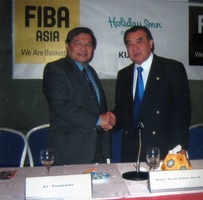 Lina with Dato' Yeoh (r) Lina with Dato' Yeoh (r) Press Statement of Former Senator Joey Lina President, BAP March 15, 2006 0918 903 7248 The surest and fastest way to lift the suspension on Philippine participation in FIBA and IOC-sanctioned international basketball tournaments is for the BAP to amend its Constitution and By-Laws, with the direct participation of PBA, UAAP, NCAA and PBL in the preparation of the necessary amendments that will follow the FIBA guidelines and statutes, and then for the POC to approve the BAP reapplication as member. This is known as the “return to the status quo” or “Bap return to POC” process. FIBA Secretary-General Patrick Baumann unmistakably said so in his letter to the POC President Jose Cojuangco dated October 27, 2006, to quote: “Should the POC wish to re-visit its position on BAP, the MOU process is unnecessary and our ban can be lifted immediately. In such event, for the benefit of a long-term solution for basketball, we are at your disposal to continue to assist the POC and BAP in order to rapidly implement the necessary changes in the BAP constitution and organization, along the lines recommended in the MOU and the documents already provided by FIBA to Mr. Aventajado.” The above approach or process was the consensus reached among the PBA, UAAP, PBL representatives, and myself during a meeting in January called by POC President. Peping Cojuangco in his residence presided by POC Chair Robert Aventajado with POC legal counsel Ding Tanjuatco in attendance. We met four times using this process. On the fifth meeting, which I was unable to attend as I was preparing for a foreign trip, another process was abruptly agreed upon by the other stakeholders. In said meeting, Mr. Eala, who was all the time our meeting facilitator as designated by the POC briefed the other stakeholders about his conversation with Mr. Cojuangco, which in gist meant that the process we had taken was unacceptable to the POC. If media reports are correct, then, I would say, the other stakeholders drew a smaller circle that kept me out, using the MOU process, which we did not agree on in the first place. PBA Commissioner Noli Eala himself was the main advocate of the “BAP return to POC” process and who articulated the need for a more expedient, practical and reasonable process to put an end to the current impasse in basketball which has already lost the Philippines two regional basketball titles, the SEA Games and SEABA, and forfeiture of Philippine participation in other international basketball tournaments. In that said meeting at Mr. Cojuangco’s residence, I explained my position very clearly that I was attending the meeting not merely as an individual but as BAP President. The BAP has authorized me to attend the meeting to explore and exhaust all means possible to lift the suspension on Philippine participation in international basketball tournaments and resolve once and for all the disunity problem plaguing Philippine basketball. I also explained that the MOU process which the POC insisted should be followed had been clarified by FIBA Secretary-General Baumann in his October 27 letter to Mr. Cojuangco. Baumann described the process as, quote: “Obviously as we see the local situation in your country as of today, this process does not seem to be as peaceful as desired and will thus be long and tedious.” (underscoring supplied) Baumann also clarified that “any other process than the return to status quo requires first the full suspension of the BAP from FIBA and then the provisional recognition of the new entity, by then already approved by the General Assembly of the POC.” The MOU should be interpreted together with Baumann’s clarification of 27 October 2005, which the POC refused to do. The MOU, together with the clarification, will therefore proceed in this manner: First, the BAP should first be expelled by FIBA because the BAP is an active member in good standing. Only when the BAP is expelled by FIBA that FIBA can recognize a new cage body in the Philippines. But the BAP can only be suspended or expelled by FIBA for cause. There exists no ground for FIBA to expel or even suspend the BAP. In fact, FIBA in deciding the application for membership of the POC-sponsored PBFI, declared that the BAP expulsion by the POC was “inappropriate and out of proportion…In fact, the sequence of events rather demonstrates that the suspension was a maneuver to reach the expulsion of the BAP and the integration of the opposing personalities under the PBFI.” The MOU process is long and tedious. There should be a complaint and observance of due process. Whatever decision is made the FIBA Central Board will take it up and then the FIBA Congress. For the MOU process therefore to be successful, Baumann said “it will require all basketball stakeholders to rapidly buy into the concept and to ensure smooth transition and completion.” Between the “return to status quo” or the “BAP return to the POC” process, and the MOU process, the stakeholders’ consensus was the earlier, i.e. BAP return to the POC. Mr. Eala himself said that through this process, the Philippines can immediately participate in FIBA and IOC-sancitoned tournaments. This was why I decided to meet with the PBA, UAAP, NCAA and PBL representatives. After the meeting at Mr. Cojuangco’s residence, I actively participated together with the stakeholders in drafting the necessary amendments to the BAP Constitution and By-Laws. As a matter of fact, the stakeholders always referred to the BAP Constitution and By-Laws for the amendments and borrowed from the US Basketball Association some ideas that are applicable to the Philippine situation. It would have been unthinkable for me to attend meetings aimed at the destruction of the very organization I am President of. In conclusion, the BAP, PBA, UAAP, NCAA and PBL were inside one circle when we met four times, discussing the vision, mission, objectives and programs of Philippine basketball using the BAP return to the POC as our framework. Without even conferring with me, they literally abandoned our earlier agreement. |
AuthorBAP writes something about the Past, Present, Archives
October 2022
Categories |
